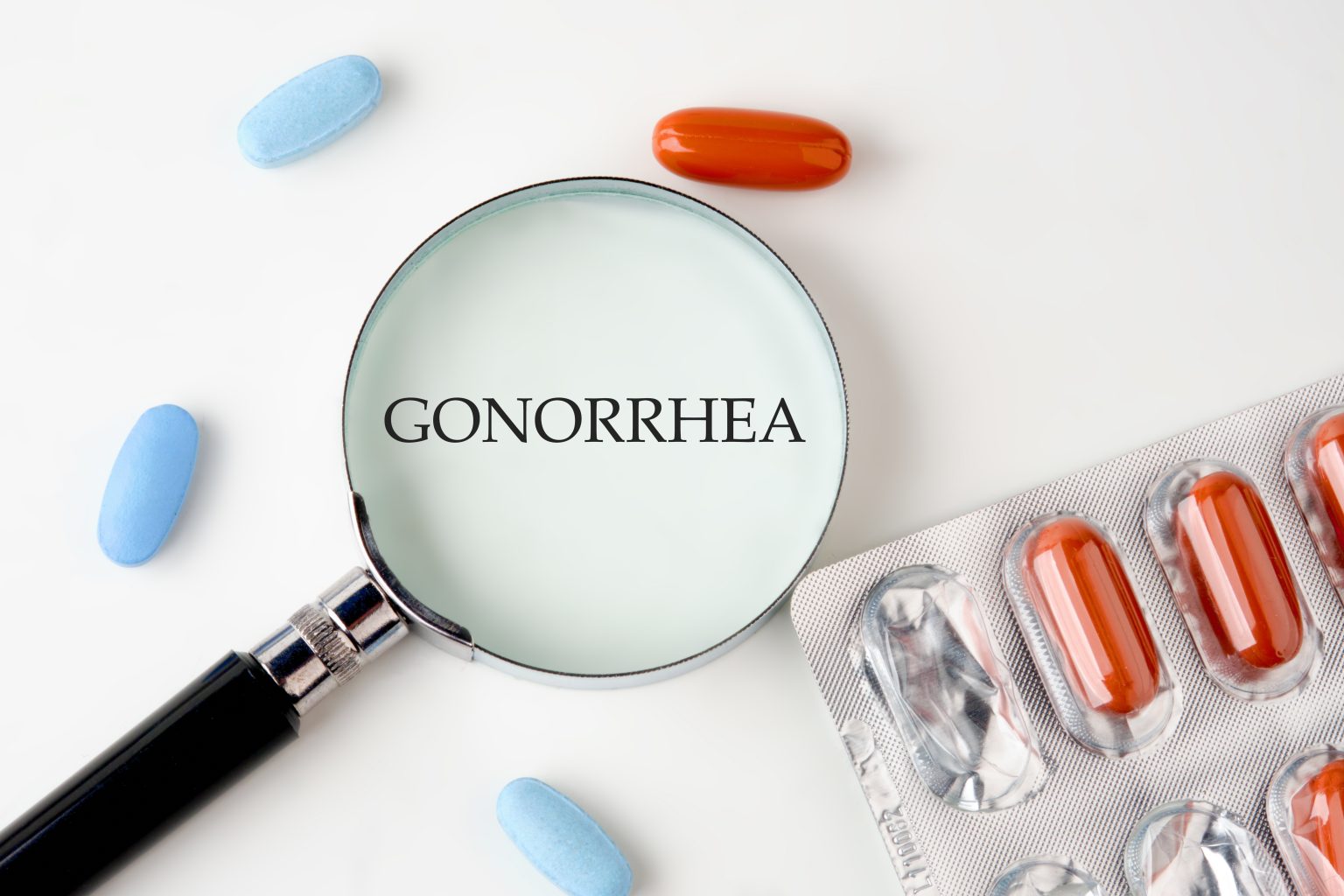New data from the UK Health Security Agency (UKHSA) has revealed a growing concern over antibiotic-resistant strains of gonorrhoea in England, underscoring the critical need for enhanced sexual health measures. Between June 2022 and May 2024, 15 cases of ceftriaxone-resistant gonorrhoea were identified, marking a significant escalation in the spread of this particularly challenging strain.
Record High Gonorrhoea Diagnoses
In 2023, England recorded over 85,000 gonorrhoea cases, the highest number since records began in 1918. This surge in infections highlights the importance of regular testing for sexually transmitted infections (STIs), especially for those engaging in condomless sex with new or casual partners. Although gonorrhoea is typically treatable, certain strains have developed resistance to commonly used antibiotics, making them much harder to eradicate.
One of the most concerning developments is the rise of ceftriaxone-resistant gonorrhoea. Ceftriaxone is the primary antibiotic used to treat the infection in the UK, and resistance to this drug poses a significant public health challenge, particularly for infections located in the throat, where treatment is already more difficult.
Escalating Resistance: A Growing Public Health Concern
Since the first detection of ceftriaxone-resistant gonorrhoea in England in 2015, a total of 31 cases have been reported, including 7 that are extensively drug-resistant, meaning they are resistant to both first- and second-line treatment options as well as other antibiotics. Of the 15 cases identified between June 2022 and May 2024, 5 were found to be extensively drug-resistant.
To date, all detected cases have been among heterosexual individuals, primarily in their 20s, and most infections were acquired abroad. Although domestic transmission within England has been limited, the increasing number of cases raises concerns about the potential for wider spread and the resulting treatment difficulties.
Expert Warnings on Rising Resistance
Dr Helen Fifer, Consultant Microbiologist at UKHSA, voiced her concerns, stating, “Gonorrhoea is becoming increasingly resistant to antibiotics, risking the possibility of it becoming untreatable in the future. Untreated gonorrhoea can lead to serious health issues, including pelvic inflammatory disease and infertility. Condoms are the best defence, but if you didn’t use one with a recent new or casual partner, get tested to detect the infection and prevent onwards transmission.”
Professor Matt Phillips, President of the British Association for Sexual Health and HIV (BASHH), echoed these sentiments, warning that the rise in antibiotic-resistant gonorrhoea is a “worrying trend that must be addressed with immediate action.” He emphasized that antibiotic resistance in STIs presents a growing public health threat, with potential physical and psychological consequences and increased pressure on NHS services.
BASHH has consistently called for a comprehensive sexual health strategy for England, stressing that this is essential for the expert sexual health workforce to effectively address the evolving challenges in sexual health care.
Syphilis Rates Continue to Climb
In addition to the alarming rise in gonorrhoea cases, the UKHSA also reported an increase in syphilis diagnoses. In 2023, the number of infectious syphilis cases rose to 9,513, a 9.4% increase from 2022. Although the highest rates were observed among gay, bisexual, and other men who have sex with men, the largest proportional increase occurred among heterosexual individuals.
Syphilis, if left untreated, can cause severe and potentially life-threatening damage to the brain, heart, and nervous system. The UKHSA is urging healthcare professionals to remain vigilant in identifying the symptoms of syphilis, as early detection and treatment are crucial to preventing long-term harm.
As both gonorrhoea and syphilis rates continue to rise, regular testing for STIs and HIV remains essential, particularly for those engaging in high-risk sexual behaviours. Testing is free and accessible through local sexual health clinics(https://www.nhs.uk/nhs-services/sexual-health-services/find-a-sexual-health-clinic), university and college medical centres, or via discreet self-sampling kits sent through the post.

